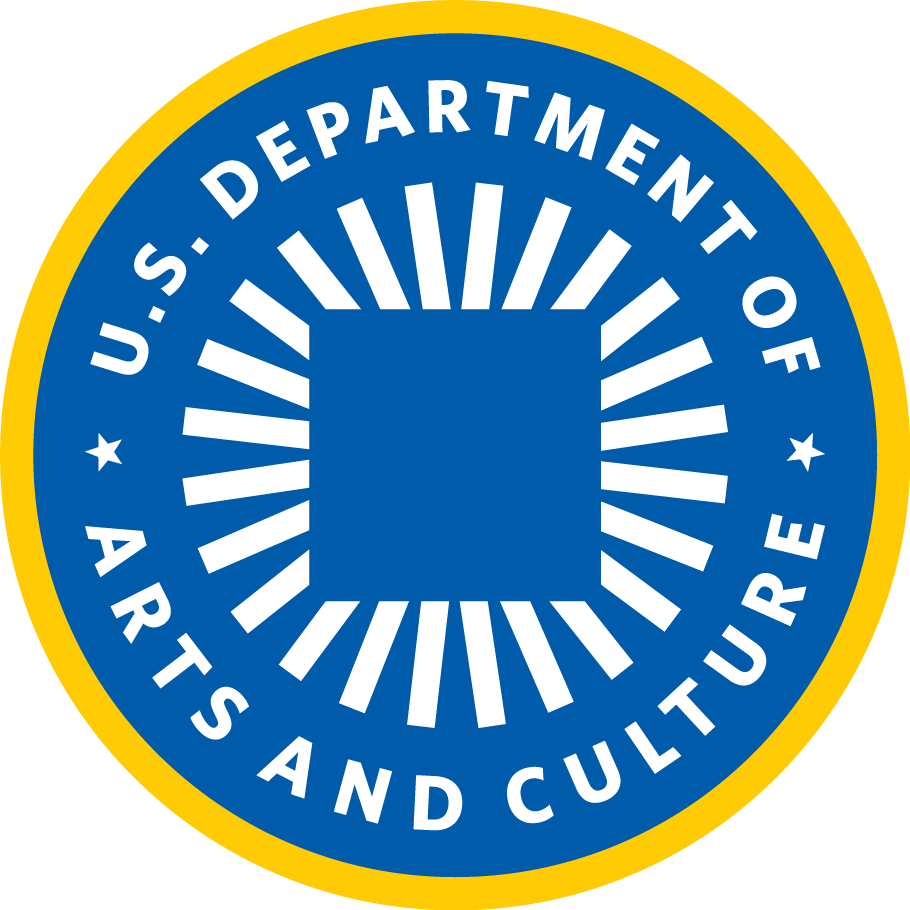Recent uprisings across the country have confronted elected officials with a clear, attainable policy demand: defund police departments. In response to this clear policy demand, however, many government officials are responding strictly in cultural terms. Washington DC’s mayor inscribed “Black Lives Matter” on a main road while approving a $19 million increase in police funding. Rhode Island’s Governor removed “Plantations” from the full state name while approving a $35 million State Police building. This strategic moment asks us to do many things at once: not only to acknowledge these concessions by the powerful as testaments to our increased power and celebrate them as important milestones on our journey, but also leverage them toward concrete change.
As the frame “Black Lives Matter” increasingly embraces demands for concrete reforms like Defund the Police, we see this as a critical moment to lift up the work of creative communities and underscore the power we have in bringing forth symbolic and material change. How can we recognize the multitude of ways we have helped give shape to the movement, while ensuring that our work is not co-opted by those seeking to make a superficial statement and avoid deep change?
Advocates have spent years fighting for increased training for officers in mental health awareness, de-escalation training, case management skills, and so on. The “defund” demand recognizes that the time is upon us to move to new visions. It’s important to note that in Minneapolis, the police have been equipped in nearly every tool a reformer might ask for: body cameras, community dialogue programs, early-warning systems for abusive officers and trainings in implicit bias, mindfulness, de-escalation and crisis intervention. Still, George Floyd is gone.
We know that we cannot achieve what we cannot imagine, so we asked our network of artists, cultural workers, and movement organizers what it means for arts and culture to stand in true solidarity with the movement to defund the police. Today, we're sharing reflections from artist Nafis M. White and The Black School's Shani Peters:
We hope their words and actions can inspire you toward finding your own role in building an abolitionist future. Over the coming weeks, we’ll be sharing these critical reflections here on our blog, on social media, and directly with our network. If you’re not subscribed to our updates, now’s the time.
Together, we create.
The USDAC Team



